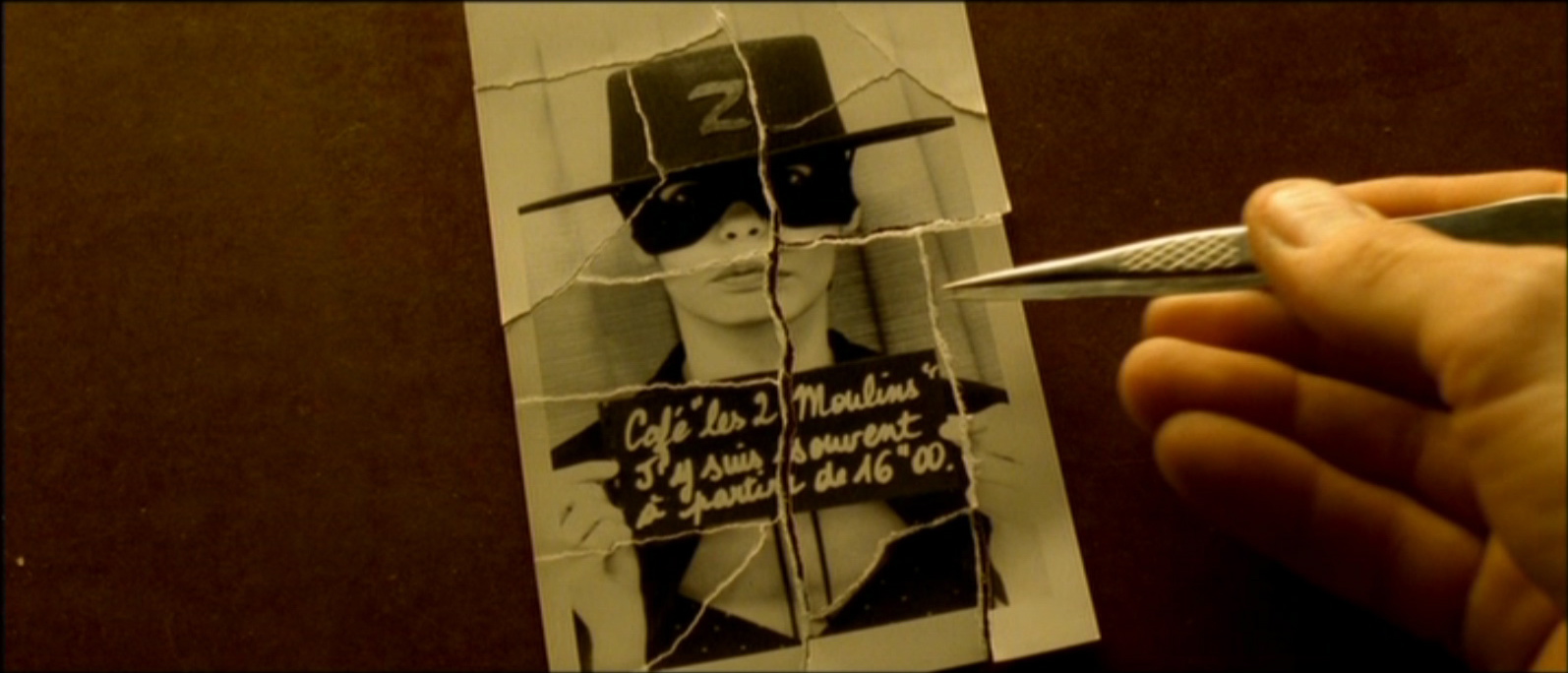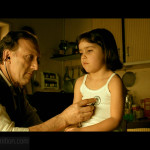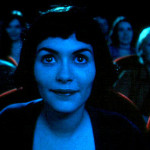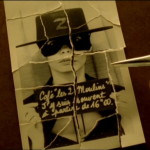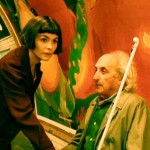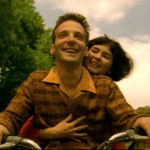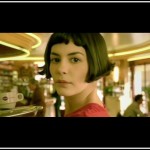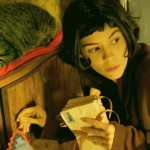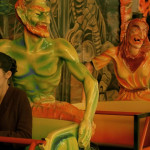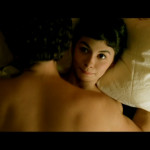In my Top 20 Movies review of Amélie, I said the following:
A breath of fresh air for its charm and stylised quirkiness as humour, not least in the startling looks of Audrey Tautou, but so much more. Minor cameo gems abound, each beautifully studied characters with a distinct role to play. The attention to detail makes this film like a chocolate box – always something wonderful to pull out, no matter how often you see it.
And so it is. This is an effervescently charmingly idiosyncratic movie which demonstrates precisely why Hollywood is so wrong to remake foreign language movies, and why audiences are so wrong to dislike subtitles – though learning French to appreciate such brilliant movies in the original would be the best solution!
The plot is almost incidental, but is essentially a whimsical fable revolving around Amélie Poulain’s decision to do good and make people happy, in the course of which she eventually finds happiness herself – in spite of her shy nature. The impish humour, the credibly eccentric characters and the richness of detail are what make the movie so perfect, and if you have already seen the likes of Jenuet and Caro’s Delicatessen you will know the repertory company and bizarre style involved here.
Heavily stylised movies can irritate and annoy very rapidly, so it says much for Jeunet that he manages to pull off the feat of without antagonising his audience. He does it by focusing on the tiny details usually ignored by directors, and indeed simple ploys: the likes and dislikes of every character, for example! He also places Paris in a greenish glow that makes for a strangely agreeable nostalgic feel, amiable without being threatening.
But it is the characters I love most. At the centre is always the heroine, for whom Audrey Tautou is as perfect a casting as it is possible to imagine. Small wonder she had problems shrugging off the stereotype of a quirky romantic lead, but it is hard to imagine her performing this role any better, aided by the warmth and beauty of her smile. That said, her character has both ups and downs in the movie, enabling Tautou to add both depth and shade to Amélie; whatever else it might be, this is not a one tricky pony of a performance.
But as my mini-review articulates, everywhere you look there are gloriously quirky cameos. Take as an example “the glass man”, Raymond Dufayel, who helps Amélie in spite of his rare condition that means any contact could shatter his bones like, well, glass. Her return favour to him is to help him in his quest to perfect an interpretation of Renoir’s Luncheon of the Boating Party, which he has repainted 20 times.
Another example: Amélie helps Lucien, the slow-witted and handicapped assistant to bullying grocer Collignon, by booby-trapping Collignon’s apartment to hilarious effect. Both characters are played memorably and three-dimensionally. They are a joy to watch! I could go on like this about every character, but you need to take my word for it and go experience them for yourself. Their conversations go off at a range of tangents, reminding me somewhat of Tarantino’s approach to dialogue, minus blood and gore.
But the beauty is that none are there just to be eccentric: each in his or her own way, they add value to the plot and to Amélie’s life, none more so than Nino Quincampoix – fellow eccentric and recluse, with whom she seeks answers to the mystery of the man who takes photos of himself at photo booths but then tears them up and throws them away. Eventually, their romance blossoms, but only when they have been goaded to get together before it is too late, and of that I will say no more.
In fact, there is no point saying anything more about this movie, other than go see it if you have not already done so!!

